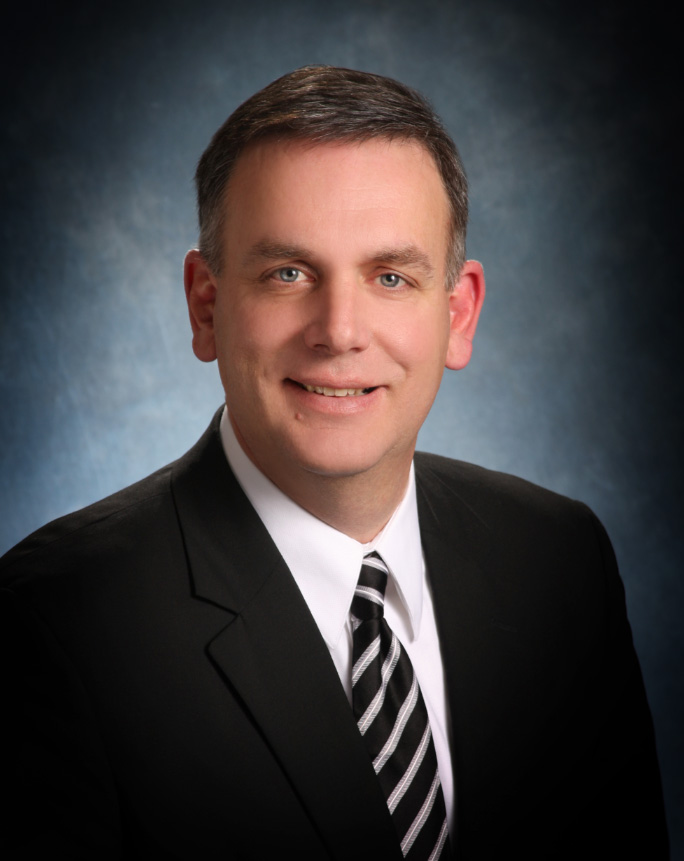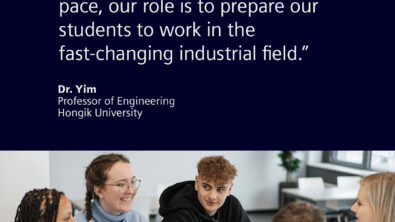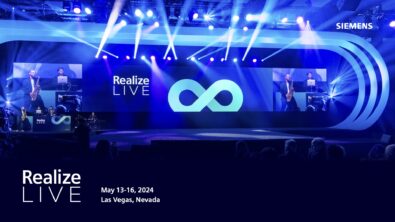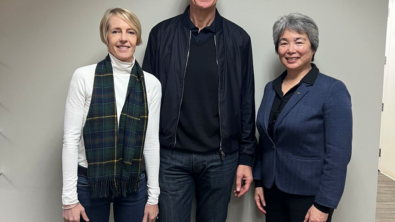Engineering as a Career: Meet Our CEO Tony Hemmelgarn


Meet Tony Hemmelgarn, president and CEO of Siemens PLM Software.
Engineers Week gives us an opportunity to discover the value of engineering education and careers. So let’s start the week by getting to know a little more about Tony’s engineering education and interesting career.
When did you know you wanted a career in engineering?
“As a kid I liked drawing and had a drafting class in high school. So I decided to pursue drafting and design. The engineering path started once I had a CAD class and realized there was not much of a future in drafting. This is what led me to my first job at Cad Cam Incorporated.”
Tell us about your education.
“After an associate’s degree in drafting and design, I went to school at night while working at Cad Cam Inc. to get a degree in Mechanical Engineering Technology from the University of Dayton. I was proud to graduate with honors – Magna Cum Laude.Of course the real education is what I have learned over the past 34 years in the CAD, CAM – now PLM – space by taking positions in increasing responsibility and difficulty.”
How has engineering technology changed over your career?
“The obvious changes linked to Moore’s law. Disk storage today dwarfs the 300MB disk storage devices I started with that were the size of a washing machine. CAD software moved from 2D, to 3D, surface modeling, solid modeling, parametric modeling, synchronous technology, and now convergent modeling.The focus on modeling in the early days has moved to true digital twin representation of the engineering and production process with electrical, mechanical, and software all simulated in this lifecycle.
On the other hand some things seem to have come full circle.For example, one of my positions at CAD CAM Inc. was to offer timesharing services for CAD design.We connected Intergraph workstations to VAX mini computers via dedicated phone line connections and provided this service to many companies in the United States.At that time the terminal, with very limited compute power, was priced at about $70,000. The VAX mini computer was around $750,000.So allowing a timeshare to access this breakthrough technology economically was in demand.We managed the server. The customer simply connected to perform their engineering work and we did the rest.This market died when the workstation market was created because of cost and performance.Now we have cloud computing which is really a form of time sharing – back to the future.”
What advice would you give future engineers?
“Take risks in your career. Engineers as a group are fairly conservative and I think this stops most from realizing their true potential.It is also extremely important to work on presentation and communication skills. I have seen very good people held back because they struggle getting across key points and understanding how to present the key value.Feature and function discussions are always important, but an engineer needs to understand the business value of their work.”
Learn more about engineering as a career. Check out all the engineering related job opportunities at Siemens. If you are a student, look at our open internship and co-op positions.


